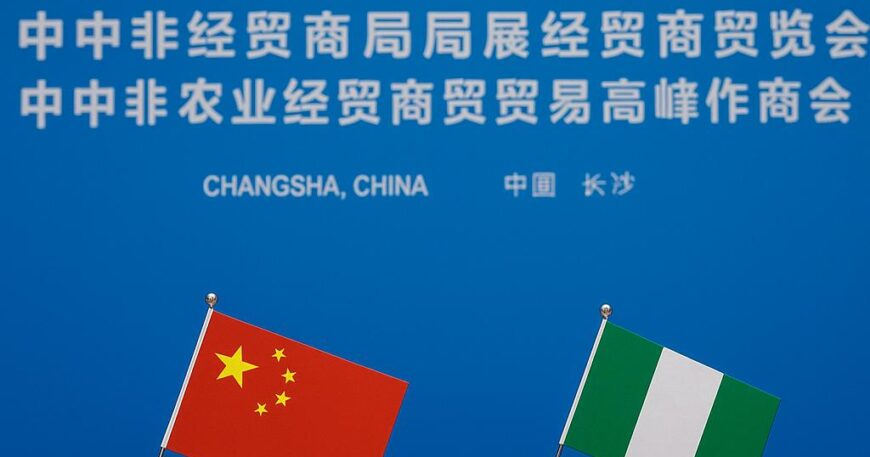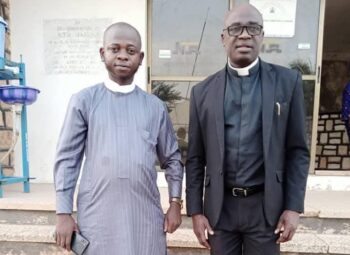
Nigeria Push for Fair Trade, Industrial Growth at FOCAC Summit, China-Africa Expo in Changsha
By Patricia Esami-Lubba, Changsha, Hunan Province in China
As high-level China-Africa talks intensify in Changsha, Nigeria has once again positioned itself as a strategic voice, firmly advocating for fairer trade relations, deeper economic sovereignty, and industrial domestication that genuinely benefits African economies.
At the heart of the Coordinators’ Meeting of the Forum on China-Africa Cooperation (FOCAC) and the 4th China-Africa Economic and Trade Expo, Nigeria’s Minister of Foreign Affairs, Yusuf Tuggar, pointed out that the future of Africa-China cooperation must be defined by reciprocity, not dependency.
“It is time for the African voice to echo through the corridors of trade symmetry, industrial domestication, and future-facing innovation,” Tuggar said.
Citing key infrastructure projects such as the Lagos-Ibadan railway and the Zungeru Hydropower Plant, the Minister described them as markers of success and signals of what more is needed as well value addition rooted on African soil, not exported for external gain.
“Our engagement with China must serve as a launchpad for long-term economic sovereignty, which means, value addition in Africa, for Africa, by Africans with strategic Chinese support”, he said.
Nigeria’s assertive tone reflects a broader push from African states seeking more balanced partnerships with Beijing, especially in light of the upcoming 2026 FOCAC Summit.
On the sidelines of the main session, Chinese Foreign Minister Wang Yi met with African leaders, including the Nigerian delegation, to reaffirm China’s commitment to the continent’s development goals.
“China will continue to deepen trust, enhance development cooperation, and support Africa’s path to modernization, highlighting industrial cooperation, green energy, and digital trade as top priorities”, Wang Yi said.
While policy was the currency of the diplomatic halls, practical business was underway across the expo floors.
The China-Africa Economic and Trade Expo running in tandem with the FOCAC meeting offered a platform for investment matchmaking, product showcases, and new commercial agreements.
Nigeria’s presence was visible and vocal, pushing not just for trade, but for a re-engineering of trade terms, urging partners to go beyond raw resource extraction and support genuine local processing and manufacturing.
From the plenary podiums to sideline strategy rooms, Changsha was a city of diplomacy in motion, where Africa’s demands are becoming more defined, and Nigeria’s voice, more distinct.
The momentum now moves toward implementation and as as FOCAC’s 2026 summit looms, Nigeria has made its expectations clear: no more token partnership but only transformative cooperation.
Patricia Esami-Lubba is a diplomatic correspondent with the Nigerian Television Authority (NTA), reporting from major foreign policy events across Asia, Africa, and beyond. Patricia is currently covering the 2025 FOCAC Ministerial Meeting and the China-Africa Economic and Trade Expo from Changsha, China.
Want to Stay Up to date about news and opportunities in China for African Businesses?
Subscribe to our newsletter to join our growing community of African importers and exporters. Enter your email and hit the subscribe button now.


